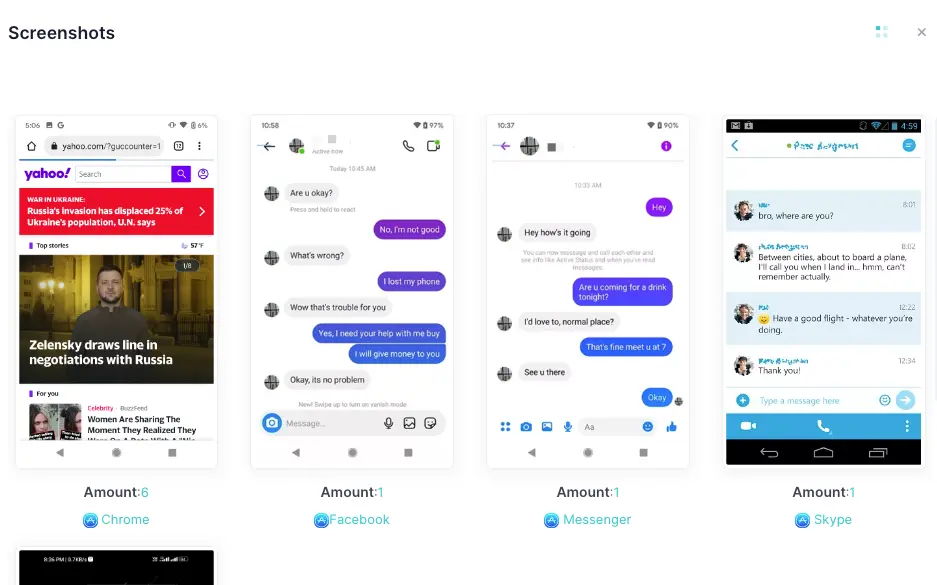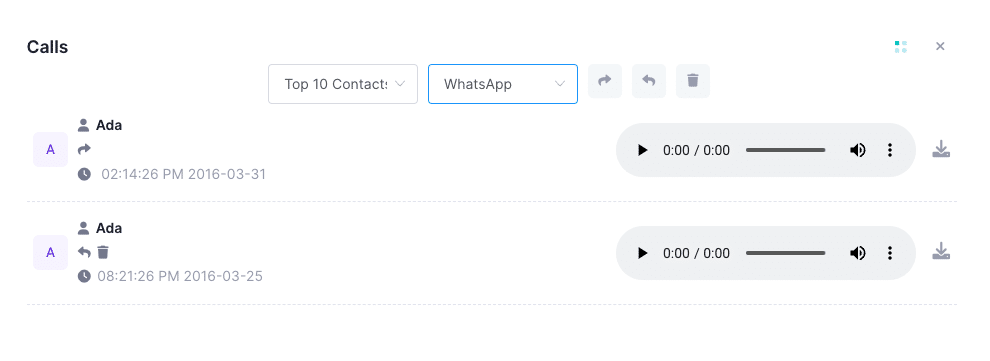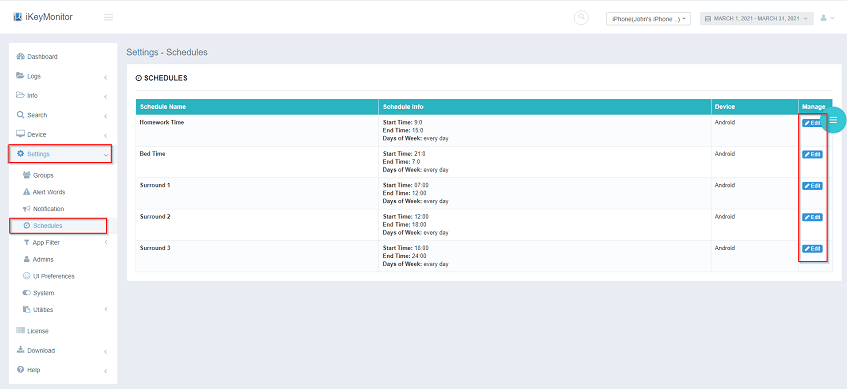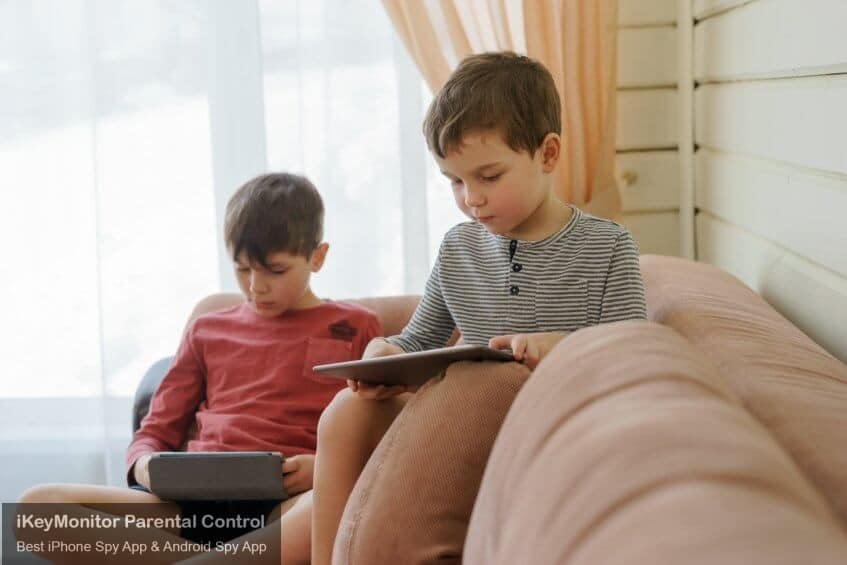Think You Know What Your Child Has Access to Online? 2026
Do you really know what your child has access to online? Just like you wouldn’t let strangers interact with your child in person, allowing them to connect with strangers online poses similar risks. With smartphones, tablets, and computers, your child is vulnerable to online predators. While you can’t completely block technology, you can teach them proper online safety.
What Should You Know About What Your Child Has Access to Online?
Instead of banning online games or social media altogether, educating your child about online safety is key. If you block access, they may create secret accounts. To protect them, understand what they’re exposed to online. Here are key areas to focus on regarding what your child has access to on the Internet:
Social Media Platforms
Social media can expose your child to online predators. Know which accounts your child uses and who they’re interacting with. Build trust by discussing online safety and the risks of sexual abuse, as predators often use fake identities.
Gaming and In-Game Purchases
Many online games offer in-game purchases that children might not understand fully. Be sure to talk to your child about in-game purchases and monitor their gaming habits to avoid unauthorized spending.
Video and Image Searches
As kids enter puberty, curiosity about sex may lead them to search for inappropriate content. It’s essential to educate them about the dangers of explicit material. If necessary, use tools to monitor their online searches and keep them safe.
The Dangers of Your Child Having Access to the Internet
While the internet offers countless educational and entertainment opportunities, it also exposes children to several dangers. From online predators to inappropriate content, your child’s online activities need careful monitoring. Understanding these risks and taking steps to protect your child from them is essential. Here are some of the potential dangers your child may face online:
Online Predators
One of the biggest risks for kids online is interacting with online predators. These people pretend to be someone they’re not and try to manipulate children into trusting them. They may use this trust for harmful purposes, so it’s crucial to teach your child not to engage with strangers online.
In 2023, the National Center for Missing & Exploited Children received over 36 million reports of child online exploitation, marking a 12% increase from the previous year.
Inappropriate Content Exposure
The internet is full of content that isn’t suitable for kids. Your child might come across explicit material, like adult videos or violent images, without even looking for them. This can negatively affect their development, so it’s important to guide them on what’s safe to explore online.
A 2023 study found that 55% of Year 10 students (ages 14–15) had encountered sexually explicit or violent content online, with 50% reporting it appeared on social media apps without active searching.
Cyberbullying
Cyberbullying is a real problem, where kids can be harassed or bullied through messages, social media, or games. Since it can happen anytime, it’s hard for children to escape. Talk to your kids about online kindness, and monitor their online interactions to make sure they’re safe.
In 2023, 26.5% of American teenagers aged 13 to 17 reported being victims of cyberbullying, up from 23.2% in 2021.
5 Ways to Protect Your Child’s Access to Online Safety
As children become more engaged with digital devices, ensuring their online safety becomes a top priority. With the internet offering both opportunities and risks, it’s crucial to take steps to protect your child. Here are five essential ways to protect your kids from online dangers.
1. Set Clear Boundaries and Rules
Establish clear guidelines for what’s acceptable online behavior. Discuss the importance of privacy and safety, such as not sharing personal information, and make sure your child understands the potential dangers of talking to strangers online.
2. Use Parental Control Apps
Utilize parental control software like iKeyMonitor to monitor and block harmful content, restrict screen time, and track your child’s online activity. These apps can give you a better understanding of what your child is exposed to and keep them safe.
3. Monitor Social Media Activity
Stay aware of your child’s social media accounts and interactions. Encourage open discussions about their online friendships, and set privacy settings to limit who can contact them. Remind your child not to accept friend requests from strangers.
4. Educate About Inappropriate Content
Teach your children about the dangers of explicit content and how to avoid it. Discuss the importance of being cautious with online searches and what to do if they encounter something inappropriate.
5. Foster Open Communication
Create a trusting relationship with your child, so they feel comfortable coming to you about any concerns or uncomfortable situations they encounter online. Encourage them to share any strange or alarming interactions, such as being approached by an online stranger.
Use iKeyMonitor to Protect Your Kids from Online Risks
With children spending more time online, the risks of cyberbullying, online predators, and exposure to inappropriate content are ever-present. iKeyMonitor is a powerful parental control tool designed to monitor your child’s online activities and keep them safe. Here’s how iKeyMonitor can help protect your kids from these online risks:
Monitor Social Media Activity
iKeyMonitor lets you track your child’s social media interactions, ensuring they’re not engaging with harmful individuals or sharing personal information. This helps prevent cyberbullying and contact with online predators.

Capture Screenshots
The app automatically captures screenshots of your child’s online activities, giving you a visual record of what they’re viewing. This helps you spot any exposure to inappropriate content, such as explicit images or harmful websites.

Track Calls and Messages
With iKeyMonitor, you can monitor both incoming and outgoing calls, along with text messages. If your child is talking to strangers or sharing sensitive details, you’ll be alerted to intervene before any harm occurs.

Limit Screen Time
iKeyMonitor allows you to set limits on screen time, helping reduce excessive online activity. This is essential in preventing screen addiction and encouraging healthier, more balanced routines.

Block Harmful Apps and Websites
iKeyMonitor enables you to block access to dangerous apps or inappropriate websites, providing a safer browsing experience. You can ensure your child avoids exposure to harmful content, such as pornography or violent media.

Conclusion
You must know what your child has access to online, including social media, gaming, and potential exposure to inappropriate content or online predators. Protecting kids from these risks involves educating them and using tools like iKeyMonitor for better control.

Tags: online safety education, reliable parental control app, what your child has access to online
Category: Learning & How to, Parental Control Tips